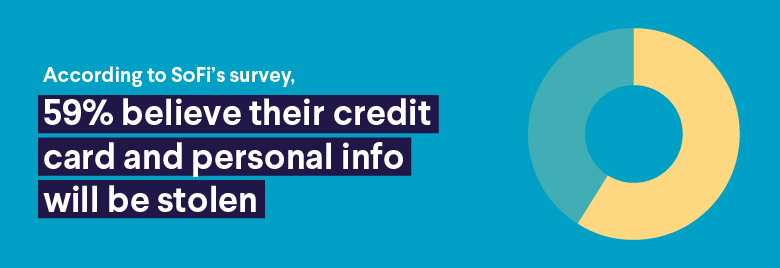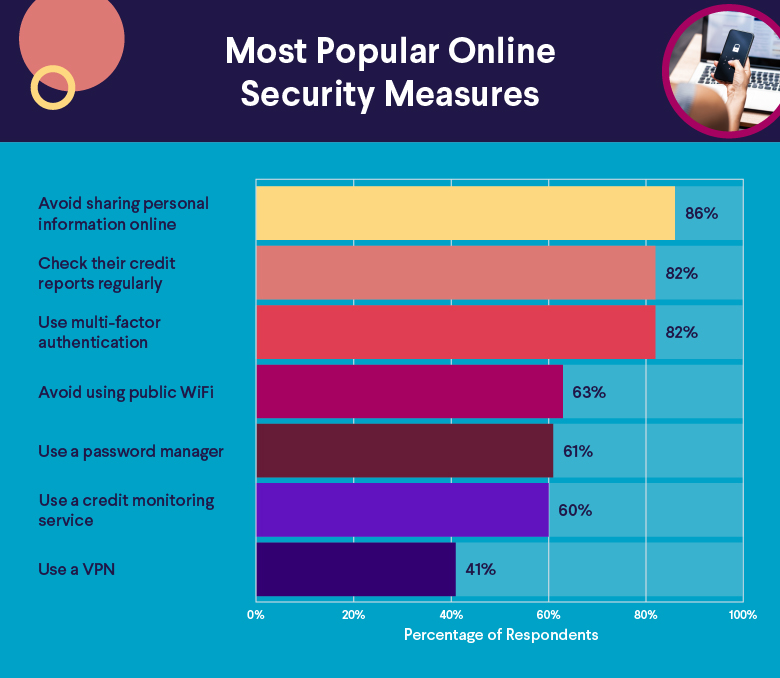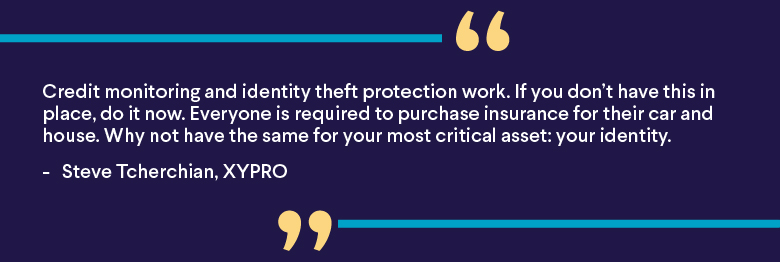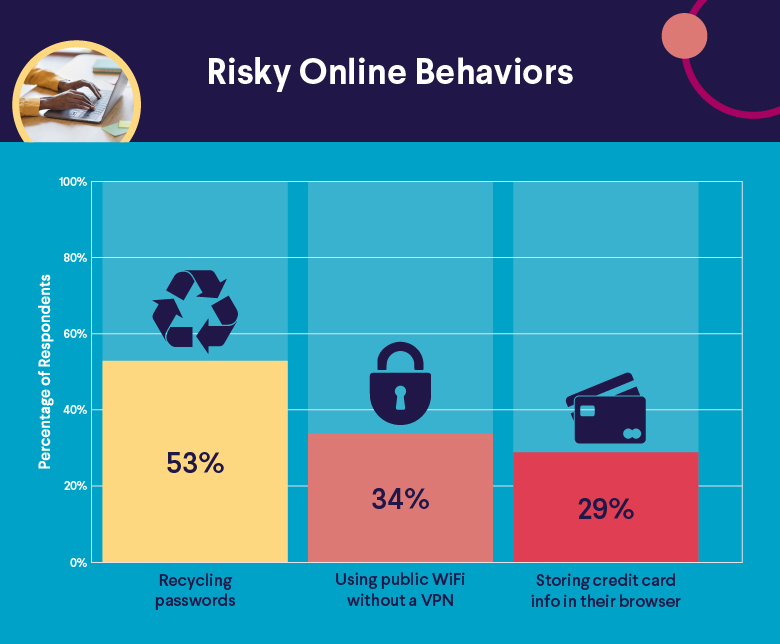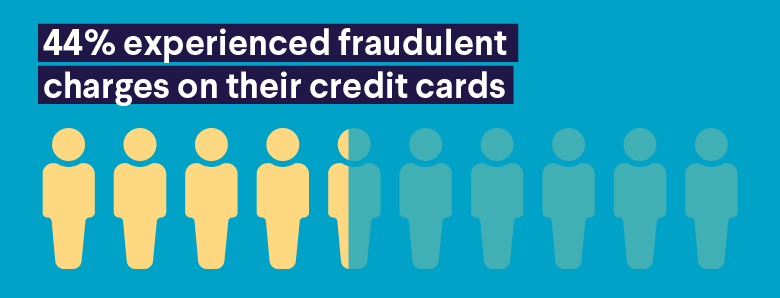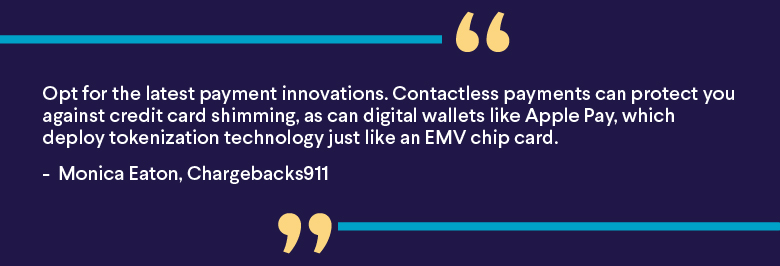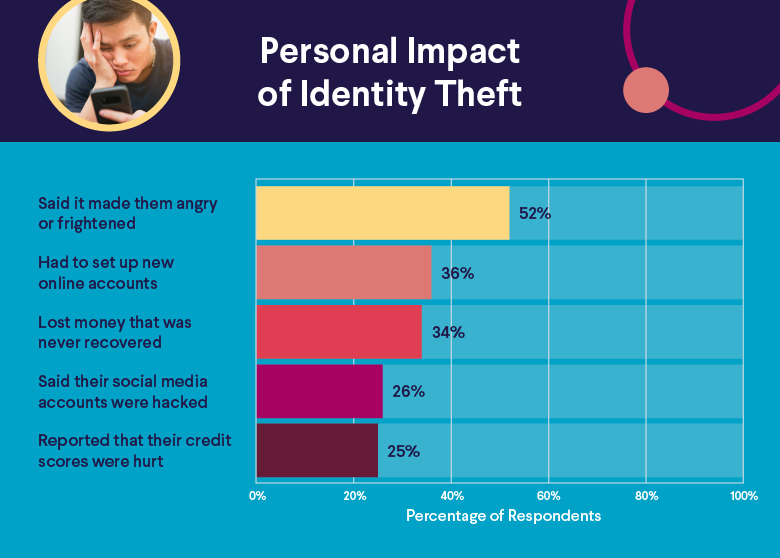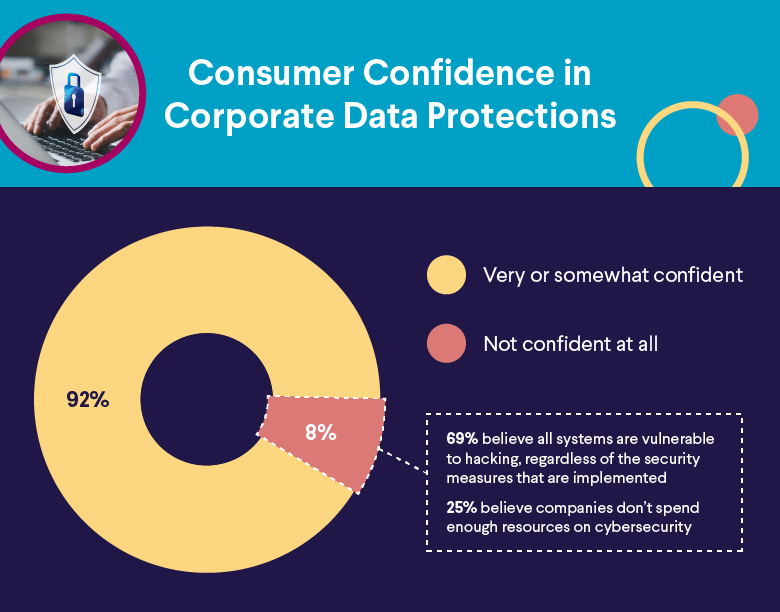Mindful Traveling: How to Keep Your CO2 Footprint Low While Traveling
Whether you’re looking to tour a foreign city, relax on a sandy beach, or hike in the wilderness — there are steps you can take to keep your carbon footprint low and still enjoy your vacation to the fullest.
But first, you’ll want to keep some key facts in mind: Tourism contributes to more than 5% of global greenhouse gas emissions, with transportation accounting for 90% of this. Tourism also puts pressure on local natural resources through over-consumption, often in places where resources are already limited. These effects can gradually destroy the environmental resources that tourism — and local economies —- depend on.
But there is some good news. By prioritizing mindful, sustainable travel, we can minimize the impact of our travels, and potentially even make travel beneficial for the climate and environment, as well as local communities and economies.
Here’s a look at some simple ways to become a more mindful traveler.
What Is Eco-Friendly Travel?
Being an eco-conscious traveler involves making travel choices that minimize negative impacts to the environment, both globally and locally.
It generally involves a little extra prep work, such as researching destinations that promote sustainable tourism, staying in hotels that have environmentally-conscious policies, and choosing more sustainable transportation, dining, and shopping practices.
Fortunately, a growing number of tourists are doing just that. According to a 2023 report from Booking.com, more than three-quarters of travelers want to travel more sustainably, and roughly the same amount want travel companies to offer more sustainable travel choices.
Recommended: Traveling the National Parks on a Budget
How To Reduce Your Carbon Footprint While Traveling
Here are some things you can do to minimize your carbon footprint and CO2 emissions on your next vacation.
Where You Go
Certain cities (like Barcelona and Paris) attract legions of tourists every year, leading to overcrowding — and not always the most authentic travel experience. Consider giving your tourist dollars to an area that is known for its green practices instead.
Ljubljana, Slovenia, for example, was recently voted the greenest city in the EU. You might also consider Palau, which requires visitors to make a sustainability pledge before entering the country, or Costa Rica, which is well regarded for its sustainable tourism.
Going off the beaten path can also mean a more affordable family vacation.
Where You Stay
Hotels and other lodging options generate emissions from energy use. For example, it takes energy to cool and heat rooms, provide warm water for showers and pools, and to keep the lights on. Indeed, hotels in the U.S. alone create 60 million tons of CO2, generate 1.9 billion pounds of waste, and use 219 billion gallons of water every single year.
To reduce your CO2 footprint when traveling, seek out hotels that have environmentally-friendly policies and review their eco credentials and practices before booking your stay. Also consider staying in a locally owned hotel, since they are more likely to source their supplies from the local area.
During your stay you can do your part by reusing towels, turning off lights and air conditioners when you aren’t there, and skipping single-use plastic items.
Recommended: Tips to Cut Costs When Traveling With Pets
Packing Light — and Right
Before you even start your travels, you can minimize your environmental impact. Packing light is not only good for your wallet (no additional checked bag fees) and arms (rolling around two large suitcases through a crowded airport is never fun), heavy suitcases can weigh down airplanes, as well as cars, and cause them to use more fuel.
What you put in the suitcase also matters. Bringing your own reusable water bottles allows you to avoid having to purchase throwaway plastic bottles. You can also choose luggage and other bags that are made from recycled materials to help reduce waste.
Recommended: International Travel Packing List
Getting There
Transportation is the biggests source of greenhouse gas emissions from tourism, so how you get to your vacation has a big impact.
Generally, planes and cars generate the most CO2 per passenger mile, with tour buses, ferries, and trains trialing well behind. Skipping the flight altogether, and opting for a closer destination that can be reached by train or requires a shorter driving distance, can help create a lower carbon footprint vacation.
But if you can’t avoid flying, you can make choices to lessen the environmental impact.
Choosing the most direct flights can not only save you time, but also fuel. Flying economy also lowers your C02 footprint, since flying business emits up to three times more carbon as it takes up more space. This can also lower your airfare.
Other eco-friendly flight moves: Fly during the day versus taking the redeye (there is a heat-trapping effect of contrails and cirrus clouds at night, resulting in a higher greenhouse effect) and book your ticket with an airline that offers a carbon offset program.
Recommended: Where to Keep Your Travel Fund
Getting Around
Once you’re at your vacation spot, you’ll want to walk, use public transportation, or rent bikes as much as possible. Not only are these eco-friendly transportation modes, they allow you to get more exercise and see more of the local area.
Choose Local
Small actions, like eating and shopping at places with locally-sourced food and products, can help lower your C02 footprint when you travel. Eating local cuisine also gives you a chance to experience a new culture through its food. Also consider booking tours with companies with environmental conservation policies that support the local community.
Volunteer to Plant Trees
As they grow, trees absorb carbon from the atmosphere, and can help offset your travel impact. Trees also reduce the amount of stormwater runoff, which limits erosion and pollution in local waterways, and may reduce the effects of flooding. Healthy forests also lead to habitat biodiversity.
To help offset your travel impact, consider volunteering to plant trees while you’re abroad (and also at home). This is a valuable service that benefits the environment, wildlife, and local communities.
Benefits of Reducing Your Carbon Footprint While Traveling
Tourism is responsible for a significant share of global greenhouse gas emissions, and that number is expected to rise. By 2030, CO2 emissions from tourism are expected to be 25% higher than they were in 2016.
But whether you are traveling solo or with your family, you can play a part in keeping that number down. Sustainable travel protects the environment to make sure wonders like coral reefs, rain forests, ancient ruins, and low-lying islands will continue to be around for local residents and future travelers. It also helps support local businesses, economies, and cultures throughout the world.
Examples of Mindful Traveling
There are many ways you can be an environmentally-friendly traveler. Examples of mindful travel include picking a destination that prioritizes sustainable tourism and/or choosing an area that is close to home to avoid air travel or an extensive drive.
You can also practice mindful travel once you arrive at your destination. Consider taking public transportation, walking, and renting bikes to get around and see the sites. If you can’t avoid renting a car, opt for an electric vehicle, if possible.
You can also reduce your CO2 travel footprint by staying in hotels that use renewable energy and have strong sustainability practices. You can do your part by recycling, eliminating food waste, and buying locally-sourced products.
Recommended: 6 Souvenirs You Won’t Regret Buying (and 5 You Might)
Mindful Traveling Tips
• Do your research. Traveling more sustainably takes effort and planning. You may need to do some searching to find the most direct flights (if you have to fly) and to seek out lodging options that are energy-efficient, as well as affordable.
• Be a responsible packer. You’ll want to pack light to avoid adding extra weight, and don’t forget refillable water bottles and toiletries.
• Be a green explorer. Try to use public transportation, walk, or rent bikes to get around, and do your best to shop and eat at local businesses. Also consider staying in one location rather than moving around. This not only allows you to learn more about the culture, but also reduces carbon emissions from hopping from one place to another.
The Takeaway
You can still explore the world and minimize the impact travel has on the environment.
Being a sustainable traveler comes down to a little research. You can lower your carbon footprint by choosing trains and buses over planes and cars, finding lodging that has environmentally-friendly practices, and making eco-friendly decisions during the vacation on what you do and where you eat and shop.
SoFi Travel has teamed up with Expedia to bring even more to your one-stop finance app, helping you book reservations — for flights, hotels, car rentals, and more — all in one place. SoFi Members also have exclusive access to premium savings, with 10% or more off on select hotels. Plus, earn unlimited 3%** cash back rewards when you book with your SoFi Unlimited 2% Credit Card through SoFi Travel.
FAQ
How do I become a mindful traveler?
Becoming a mindful traveler is simply a matter of understanding that all travel has an impact — to the environment as a whole, as well as the local ecosystems and communities.
You can become a more mindful traveler by choosing a destination that promotes sustainable tourism, being selective about your modes of transportation, staying in hotels with eco-friendly practices, and choosing more sustainable practices when it comes to food, shopping, and daily activities.
How do you stay mindful on vacation?
To stay mindful on vacation, you’ll want to be sure you are paying attention and savoring what’s happening in the moment, rather than thinking about work, what you did yesterday, or what you’re going to do tomorrow. Mindful travel also means being aware of, and trying to minimize, the impact your vacation has on the environment, both globally and locally,
Photo credit: iStock/SolStock
**Terms, and conditions apply: This SoFi member benefit is provided by Expedia, not by SoFi or its affiliates. SoFi may be compensated by the benefit provider. Offers are subject to change and may have restrictions, please review the benefit provider's terms: Travel Services Terms & Conditions.
When you use your SoFi Credit Card to make a purchase on the SoFi Travel Portal, you will earn a number of SoFi Member Rewards points equal to 3% of the total amount you spend on the SoFi Travel Portal. Members can save up to 10% or more on eligible bookings. SoFi Member Rewards: All terms applicable to the use of SoFi Member Rewards apply. To learn more please see: https://www.sofi.com/rewards/ and Terms applicable to Member Rewards. Additional Terms:
Changes to your bookings will affect the Rewards balance for the purchase.
Any canceled bookings or fraud will cause Rewards to be rescinded.
Rewards can be delayed by up to 7 business days after a transaction posts on Members’ SoFi Credit Card ledger.
SoFi reserves the right to withhold Rewards points for suspected fraud, misuse, or suspicious activities.
The SoFi Travel Portal is operated by Expedia. To learn more about Expedia, click https://www.expediagroup.com/home/default.aspx.
Eligibility:
You must be a SoFi registered user.
You must agree to SoFi’s privacy consent agreement.
You must book the travel on SoFi’s Travel Portal reached directly through a link on the SoFi website or mobile application. Travel booked directly on Expedia's website or app, or any other site operated or powered by Expedia is not eligible.
You must pay using your SoFi Credit Card.
©2024 SoFi Bank, N.A. All rights reserved. Member FDIC. Equal Housing Lender. NMLS #696891 (Member FDIC), (www.nmlsconsumeraccess.org).
Financial Tips & Strategies: The tips provided on this website are of a general nature and do not take into account your specific objectives, financial situation, and needs. You should always consider their appropriateness given your own circumstances.
External Websites: The information and analysis provided through hyperlinks to third-party websites, while believed to be accurate, cannot be guaranteed by SoFi. Links are provided for informational purposes and should not be viewed as an endorsement.
Third-Party Brand Mentions: No brands, products, or companies mentioned are affiliated with SoFi, nor do they endorse or sponsor this article. Third-party trademarks referenced herein are property of their respective owners.
SOTL0124002
Read more



